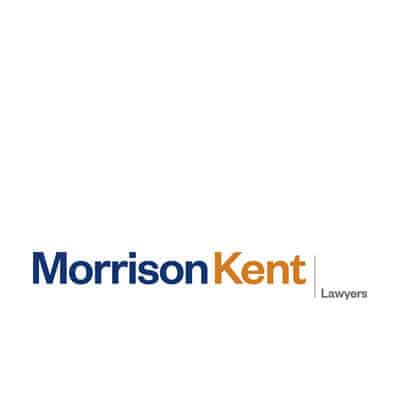A Kapiti Coast couple have been held liable in the sum of $500,000 for a remark made at a dinner party.
Mr and Mrs Mason, a Kapiti Coast couple, were looking to buy a four-bedroom property on the Kapiti Coast. Mr and Mrs Magee own such a property and were looking to sell. The couples did not know each other.
By chance, both couples attended a dinner party. During the party, the topic or real estate arose and the Masons indicated to the Magees that they were interested in buying property in Raumati South. The Magees responded by saying that they owned such a property and were looking to sell.
In response to a direct question by the Masons as to whether the property owned by the Magees was a leaky home, Mrs Magee responded:
“No, no, no. It isn’t a leaky house.” Or words to that effect.
The couples agreed to meet the following day at the house where the same question was raised and the same or similar response by Mrs Magee was made.
Ultimately the home proved to be a leaky home and the Masons sued the Magees pursuant to the Contractual Remedies Act. They alleged that the representation made by Mrs Magee was a misrepresentation and that it caused them to enter into the contract to purchase to their detriment.
The case was heard in the Wellington Registry of the High Court by Justice Williams. Justice Williams held “that the dinner party on 28 October was an entirely social setting and that it involved the consumption of alcohol.” He also held that Mrs Magee did make the comment regarding her house as alleged or at least used words to that effect.
Justice Williams went on to hold that the representation as to the house not being a leaky home was a material inducement which resulted in the Masons entering into the contract to purchase and that they suffered damage as a result.
The learned Judge further held that Mrs Magee had made an innocent misrepresentation and that she honestly believed that there was nothing wrong her house as far as leaks were concerned. Nevertheless, the property was leaky and damage had been sustained by the plaintiffs.
The plaintiffs sued for almost $1m which was allegedly the cost of remediating the property. The expert evidence demonstrated that the property had a residual value in its damaged state and that the loss of value i.e. the difference between the price paid for the property and what it was worth was approximately $500,000. The Judge had to determine therefore whether the plaintiffs were entitled to $1m, which was more than they actually paid for the property or whether they had to settle for $500,000 which was the loss of value. Most of the leaky house claims are settled after court proceedings are issued and before the need for a court hearing. It is interesting therefore to read how the Judge determined the measure of damages.
The Judge decided that the key consideration when assessing damages is “to reflect the extent of loss actually and reasonably suffered by the plaintiff.” Other relevant factors included the nature of the property and the plaintiff’s relationship with that property, the nature of the wrongful act and the conduct of the parties after that act. The overriding general principle, however, is that it must be reasonable for the plaintiff to have his property reinstated if that is genuinely what they plan to do. In this case, the argument came down to whether the property itself was able to be easily substituted (as opposed to being unique). The Judge decided that while the plaintiffs might have preferred remediation the issue was whether that was reasonable in all the circumstances. He decided that a nice house suitable for a teenage family and close to the beach in Raumati South appeared to be substitutable on the basis that there would be many such houses.
The Judge, therefore, concluded that the plaintiffs were entitled to claim loss of value at around $500,000 and added to that $25,000 for general damages. This case is an important lesson to those unfortunate people who find themselves owning a leaky home. They can be advised to spend tens of thousands of dollars on expert reports regarding remediation but ultimately might find themselves only being awarded loss of value. This is a very recent case and there is no indication as to whether or not an appeal will be filed by either the plaintiffs or the defendants. The Superior Courts may well be interested in the issue as to the measure of damages.
If you have any questions about this case, or any other issues concerning leaky homes, please feel free to contact us
Further information can be found here:
